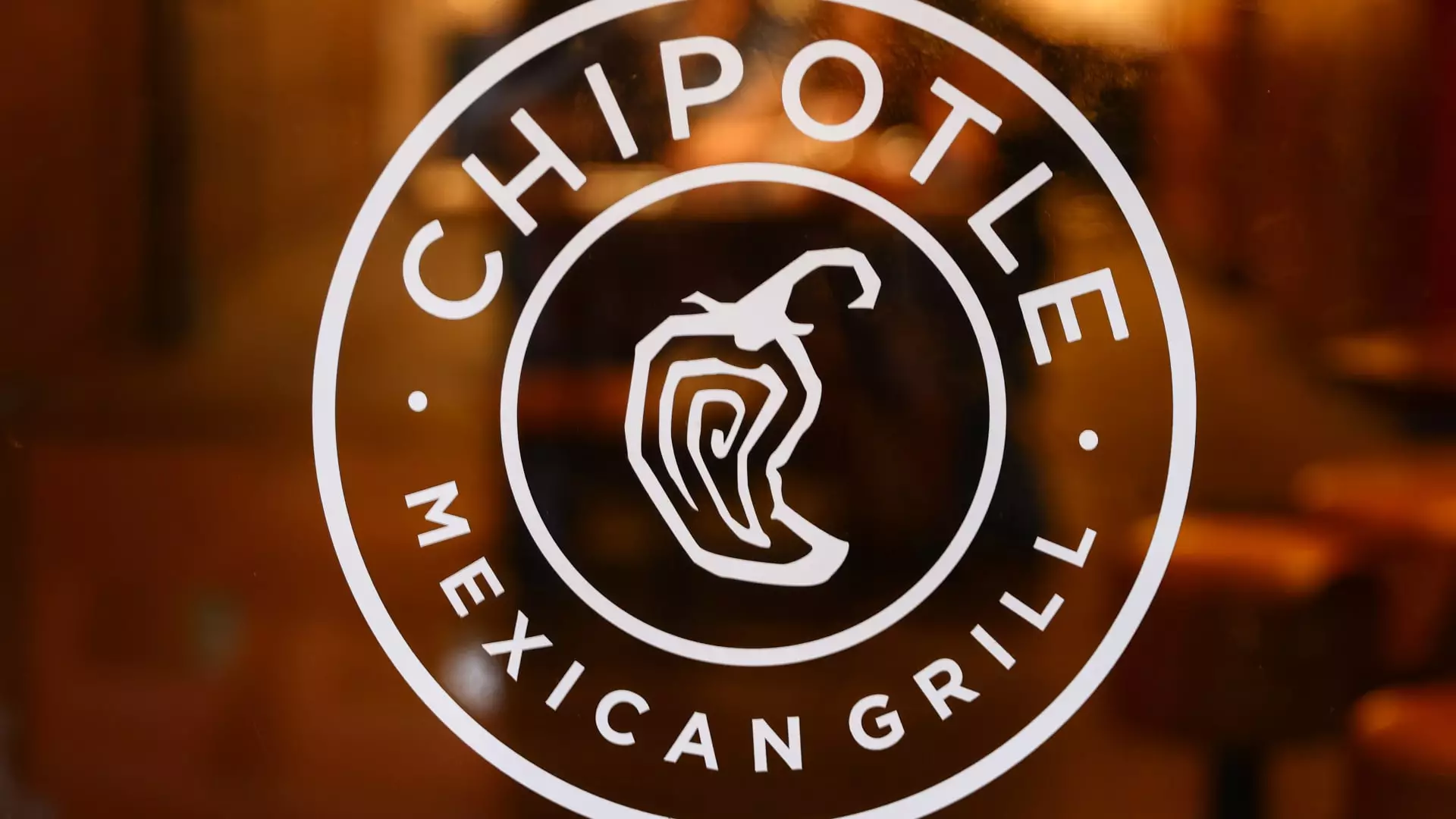Chipotle Mexican Grill is set to take a daring step into Mexico in early 2026, marking its first foray into this crucial market. The recent partnership with Alsea, a well-versed operator in the Latin American and European fast-food realms, exhibits a strategy that might be viewed as both audacious and, frankly, misguided. While the allure of expanding into the land of tacos and enchiladas appears promising, it is essential to consider the implications of an American chain imposing its version of Mexican cuisine onto a culture deeply entrenched in its culinary traditions.
Venturing into Mexico is reminiscent of an elephant in a china shop: bold, colossal, and prone to breaking things. The American perception of Mexican food often lacks authenticity, catering to palates shaped by the necessity of fast-paced consumption rather than a genuine understanding of the rich heritage behind the culinary practices. This oversimplification threatens to alienate Mexican consumers who hold their culinary identities in high regard.
Economic Context: The Tariff Conundrum
The timing of Chipotle’s entry is particularly curious, as it coincides with a fraught U.S.-Mexico relationship perpetuated by ongoing trade tensions. Completing a deal where avocados—an essential ingredient in Chipotle’s offerings—were once subject to a hefty 25% tariff raises eyebrows. Although the scrutiny over avocados may have lessened, the climate of economic diplomacy remains fraught. In this context, pursuing market expansion feels not only risky; it suggests an ignorance of the socio-political climate that could directly affect supply chains and overall operational success.
Moreover, Chipotle’s dependence on Mexican avocados—a staple of its culinary identity—highlights a significant vulnerability in their business model. The company’s attempts to diversify its sourcing are commendable, but if a significant portion of its offerings hinges on ingredients from a strained international relationship, questions about long-term sustainability and profitability emerge.
Consumer Connection: A Misguided Assumption
Nate Lawton, Chipotle’s Chief Business Development Officer, appears confident that Mexican consumers will embrace the brand’s fresh approach and familiar ingredients. However, the reality may be more complicated. Mexican consumers have historically rejected American chains that tokenized their cuisine, as evidenced by Taco Bell’s failed attempts. When a brand fails to resonate with local tastes, it risks becoming a culinary pariah rather than a beloved dining option.
Chipotle faces a monumental task: transforming its brand image from an “Americanized” version of Mexican cuisine to one that honors and complements the rich tapestry of flavors and traditions found throughout Mexico. If they persist with their fast-casual model, which often falls short of authenticity, they may encounter pushback from a consumer base that values culinary integrity.
A Cautionary Tale Wrapped in an Ambitious Vision
While Chipotle’s expansion into Mexico holds the potential for great reward, it walks a perilous line. By coupling their ambitions with an undercurrents of political tension and cultural misunderstanding, they risk more than just profit; they may unwittingly contribute to the erosion of culinary authenticity in a land known for its profound respect for food traditions. Leveraging a deep understanding of local tastes could lead to success, but failing to do so might seal their fate as yet another American chain fumbling in the face of true Mexican cuisine.

Leave a Reply